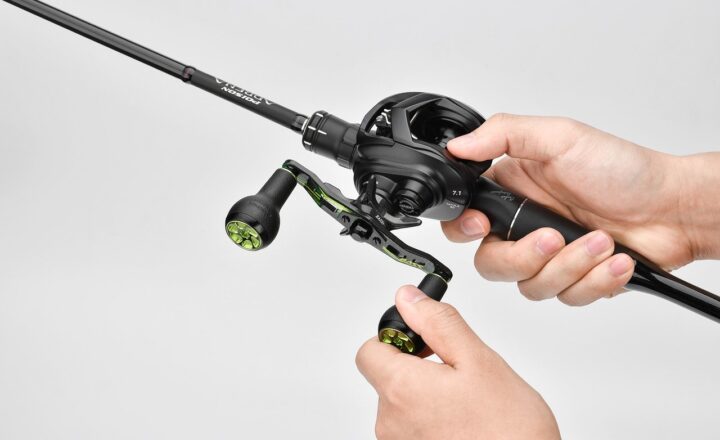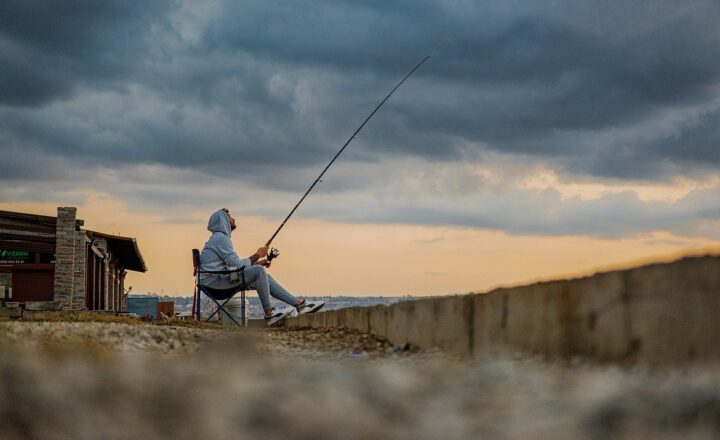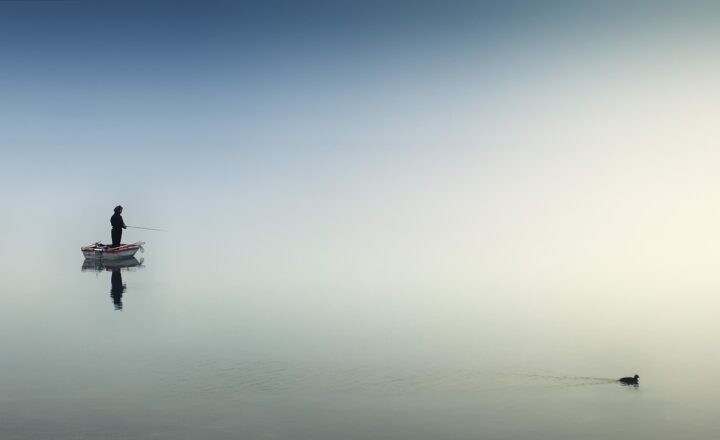
Fishing has long been a favorite pastime for many, offering relaxation, excitement, and the thrill of the catch. However, alongside this ancient practice, numerous myths and misconceptions have taken root in the fishing community. From the idea that larger baits mean larger fish to the belief that certain days are always better for fishing, myths can misguide novice and seasoned anglers alike. In this article, we will debunk these common fishing myths and arm you with the knowledge you need for a successful fishing experience.
### 1. **Myth: Bigger Bait Equals Bigger Fish**
This myth stems from the assumption that larger fish prefer larger prey. While it’s true that big fish occasionally eat larger meals, many fish species are opportunistic feeders and will take smaller bait, especially if they are hungry. The size of the bait should be matched with the size and species of fish you are targeting. Sometimes, smaller baits can be more effective in attracting Big Fish.
—
### 2. **Myth: Fish Only Bite in the Early Morning and Late Evening**
Many anglers believe that fish are only active at dawn and dusk, leading them to avoid fishing during the day. While these times are often rewarding due to lower light conditions, fish can be caught at any hour. Factors such as water temperature, weather conditions, and seasonality play significant roles in fish behavior. As a result, don’t overlook opportunities during the midday when fish can be just as active.
—
### 3. **Myth: Cold Weather Means Fish Won’t Bite**
It’s a common belief that cold weather puts fish off from eating. While fish are ectothermic and their metabolism does slow in colder water, many species remain active. In fact, some fish species, like trout, can become quite aggressive during colder months. In winter, consider using bait that mimics the natural prey of the species you are targeting, and practice patience as fish can still be found beneath the icy surface.
—
### 4. **Myth: You Need Fancy Gear to Catch Fish**
The fishing industry markets a range of expensive gear that leads many to believe that skill and knowledge can be bought. While quality gear can enhance your experience, it’s far from necessary for successful fishing. Knowledge of techniques, local regulations, and understanding fish behavior are far more critical than how much money you spend on equipment. Seasoned anglers will tell you some of their best catches were made with simple setups.
—
### 5. **Myth: Fish Can Only Be Caught in “Hot Spots”**
The notion that fish can only be found in certain areas is misleading. While there indeed are popular fishing locations, fish can be found in various environments, often surprising anglers in less-expected spots. Hidden opportunities exist in lakes, rivers, and even shorelines. Learning how to read water conditions and understanding local ecosystems will lead to better fishing experiences overall.
—
### 6. **Myth: Fish Don’t Remember the Bait**
It’s often said that fish have short memories and will continue biting the same bait multiple times. While fish might not remember every bite, they can indeed associate certain baits with danger after a negative experience. This means that if you are fishing in an area frequently visited by anglers, it’s worth changing your bait regularly to maintain an advantage.
—
### 7. **Myth: All Fish School Together**
While it’s true that some fish species tend to school, it’s not universally applicable. Many species are solitary or tend to school in smaller, more intimate groups. Recognizing the habits of the specific target species is essential for a successful fishing trip, as not all fish are found in schools.
—
### 8. **Myth: Only Catching Fish is Important**
Many anglers believe that success is measured solely by the number of fish caught. However, true fishing is an experience that encompasses patience, learning, and the overall enjoyment of nature. Connecting with fellow anglers and cherishing the moments spent outdoors is just as rewarding as catching fish.
—
### 9. **Myth: Freshwater Fish and Saltwater Fish are the Same**
It’s a common misconception that fishing techniques apply universally across different water types. Freshwater and saltwater fish have distinct behaviors, habitats, and feeding patterns. Understanding these differences, from bait selection to techniques used, is vital for successful fishing in freshwater lakes compared to the ocean.
—
### 10. **Myth: Fishing is Wasteful**
With the rise of conservation efforts and sustainability in fishing practices, many believe fishing is inherently wasteful. However, responsible fishing practices, catch and release programs, and adhering to local regulations are essential to ensuring that fish populations remain healthy. Many anglers actively partake in conservation efforts to maintain the future of fishing.
—
### Conclusion
Fishing is a rewarding and enriching hobby that can last a lifetime if approached with accurate knowledge and an open mind. By debunking these common myths, anglers can enhance their fishing experiences and become more successful on the water. Remember, it’s not just about the catch; it’s about the journey, the experiences, and the connections made along the way. So, gear up and get ready for your next fishing adventure, equipped with the truths that will propel your skills forward!
### Additional Resources
– **Books**: “The Total Fishing Manual” – A complete guide for all anglers.
– **Websites**: FishBrain – An app and social network dedicated to fishing.
– **Courses**: Local fishing schools and community colleges often offer workshops on fishing basics and conservation techniques.





